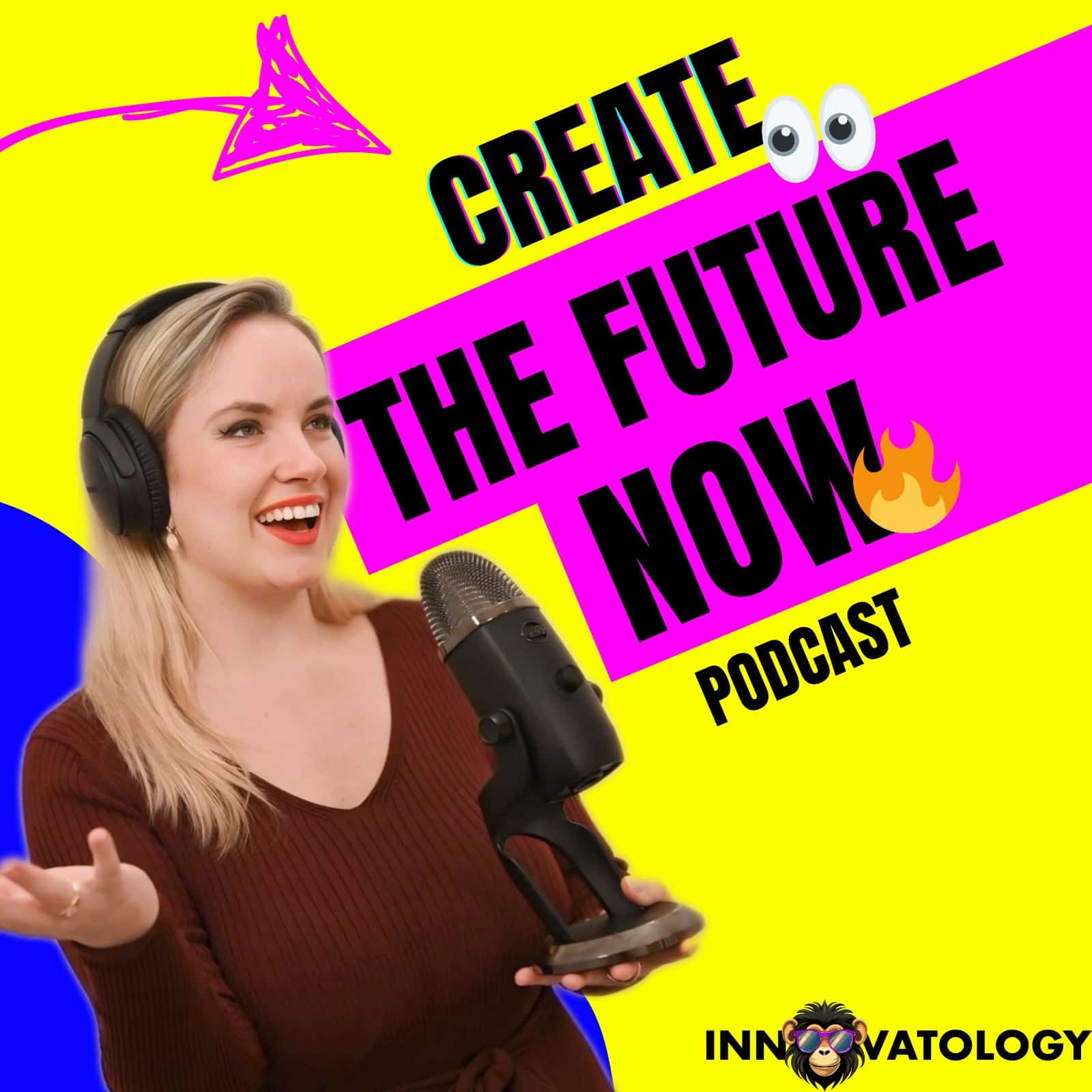Unlock the secrets to digital transformation with Marc Israel, a renowned technology leader with over 30 years of experience, including serving as CTO for Sub-Saharan Africa at Microsoft and founding Aetheis, a consultancy empowering executives to harness technology for sustainable growth. In this episode of Create the Future Now, Marc shares actionable insights on leadership in a tech-driven world, fostering startup innovation, and leveraging digital tools for business efficiency. Gain unique perspectives from the co-founder of Mo Angels, Mauritius’ first business angel network, and the producer of Entrepreneurs Talk Africa.
Transcript;
00:00:01
All right, so hello, everyone, and welcome to Create the Future Now, the podcast where we explore the latest innovations in tech, AI, health, and entrepreneurship, and how they are shaping the world of tomorrow. I’m your host, Marie Zamecnikova, CEO and founder of Innovatology, a company dedicated to helping individuals and businesses navigate the ever-changing digital landscape. Today, we have got a fantastic guest with us to discuss digital horizons; navigating transformation, and here we are with Marc Israel. So, hello, Marc . Hey, Marie, how are you? Fine, thank you. Can you please introduce yourself to our audience, so who you are, what you are doing? Sure, a pleasure. So, very briefly, so I’m French, I’m born French, I may not sound French, but I was born French. I lived half of my life.
00:00:55
I lived in France, and the second half, mostly in Africa. I did a couple of things. I’m an engineer by study. I studied robotics a long time ago, then moved into IT, spent a couple of years in France running my own company, then moved to Microsoft, you know, a small American company known to everybody, I’m sure. Spent 17 years at Microsoft, actually, in various capacities, both in the Indian Ocean Island region and in Africa, in mainland Africa. I’m from Africa, where I had the privilege to launch my own company. Launched Office 365, Azure as well, so the cloud services for Microsoft, and spent a couple of years as the chief technology officer for Microsoft on the continent. For the last six years, so I left in 2018, for the last six years, I’ve had multiple, I wear multiple caps, I can say.
00:01:43
One of my, well, two of my businesses really look around consulting in the realm of digital transformation, AI, blockchain, so advanced technologies, and as well as teaching, teaching in executive education, as well as in Masters of Science, in Curtin in Western Australia, and in HEC Paris, so a business school in Paris, and Université des Mascarins, which is a small university in Mauritius. Voilà, basically who I am, and I’ve been writing as well, books, just to end it up. And so I wrote 28 books overall, mostly on technology. That’s already a lot of, I like how you said it, like, and I just write books, like 21 books. That was a long period of time, so yeah. So what is your last book about, actually? Last book was published in French, it was, what, December?






